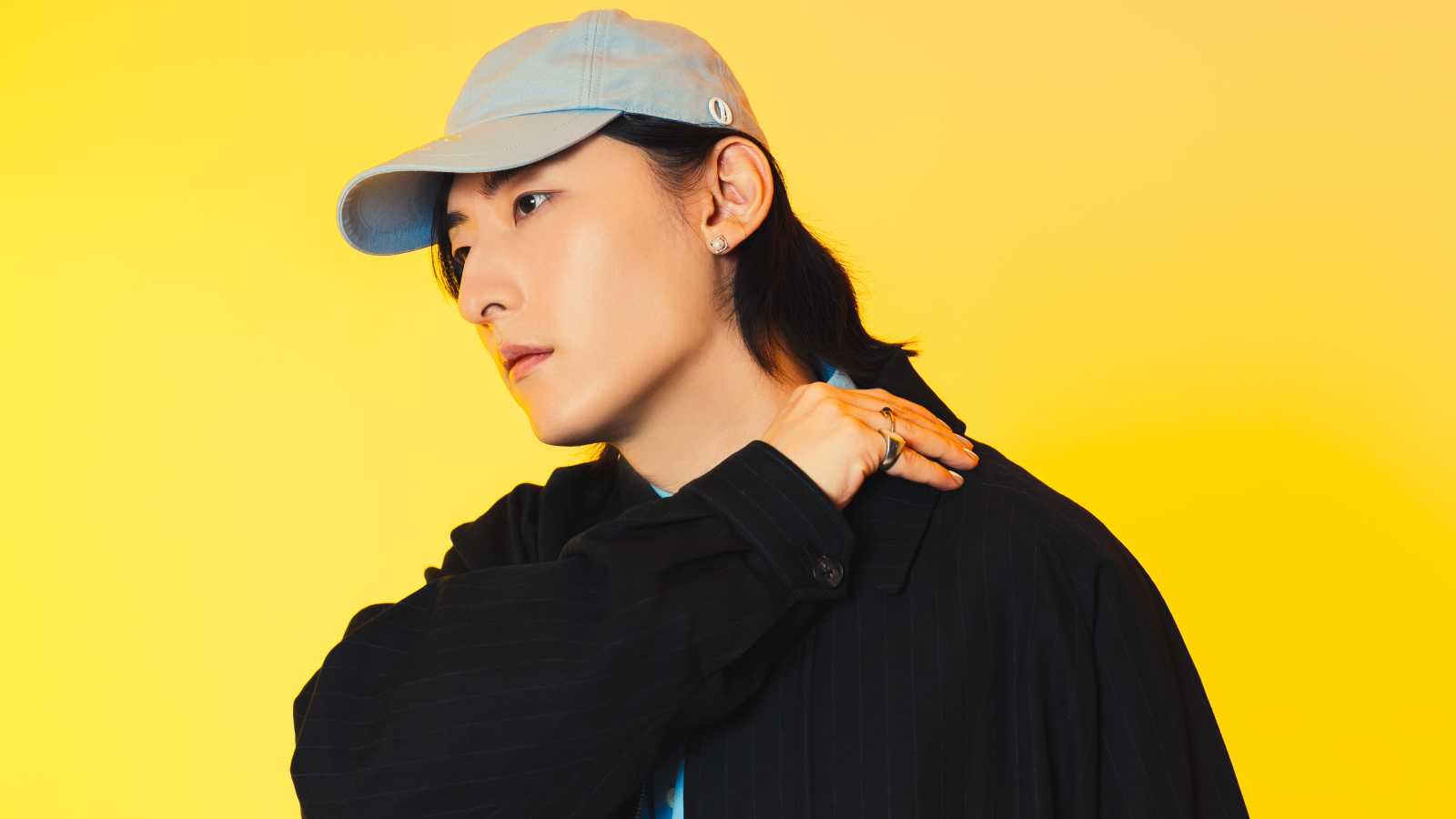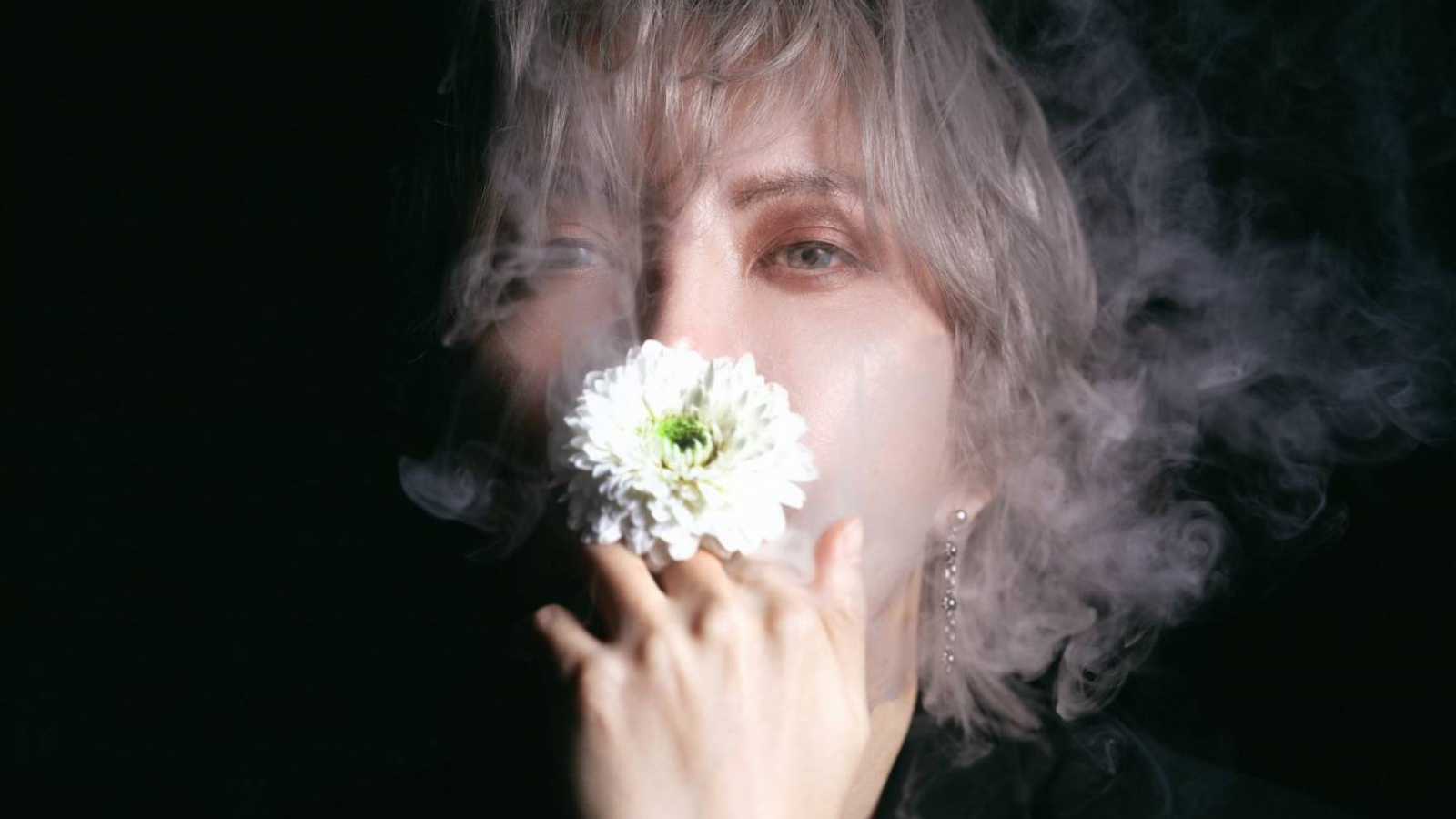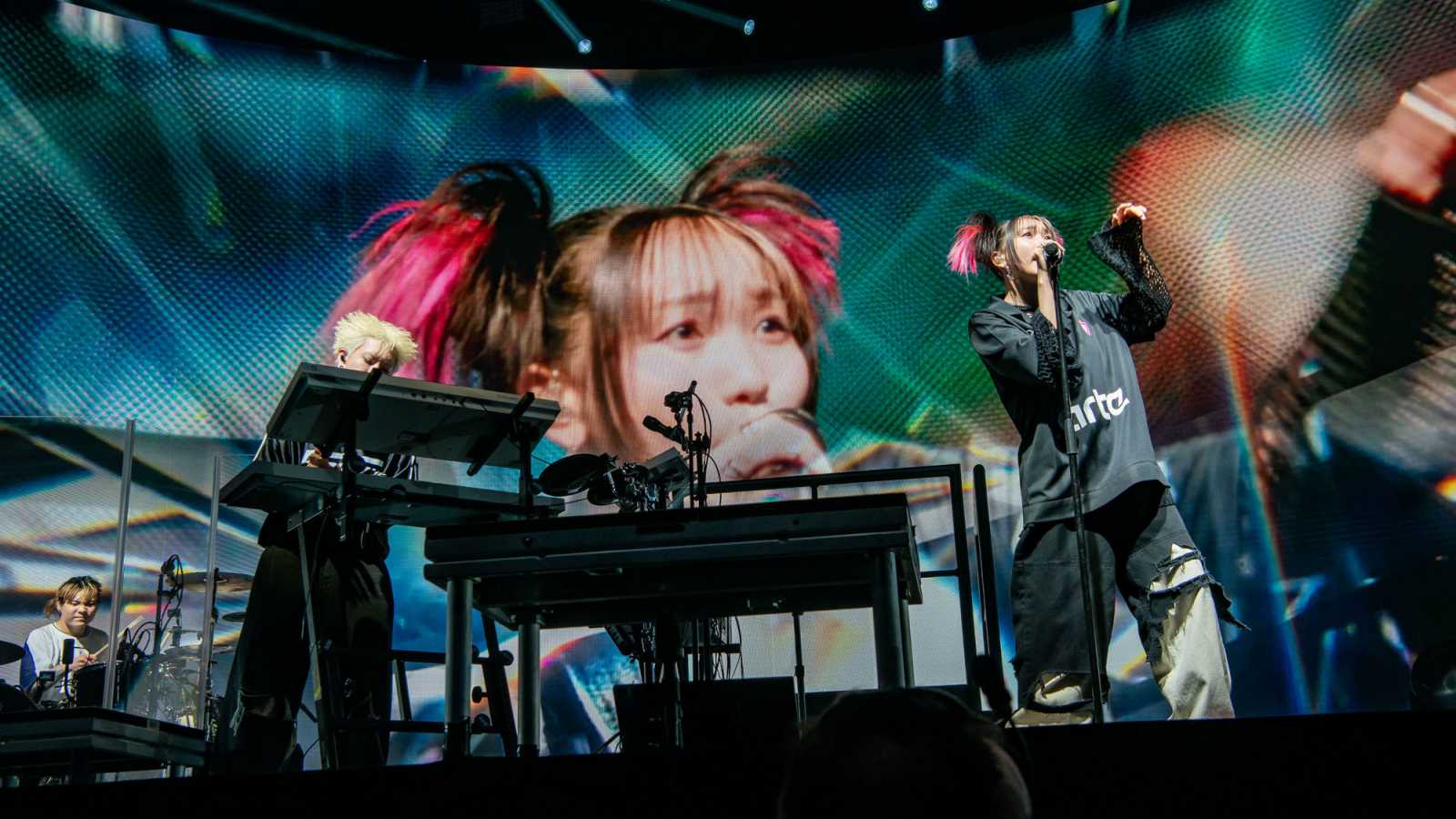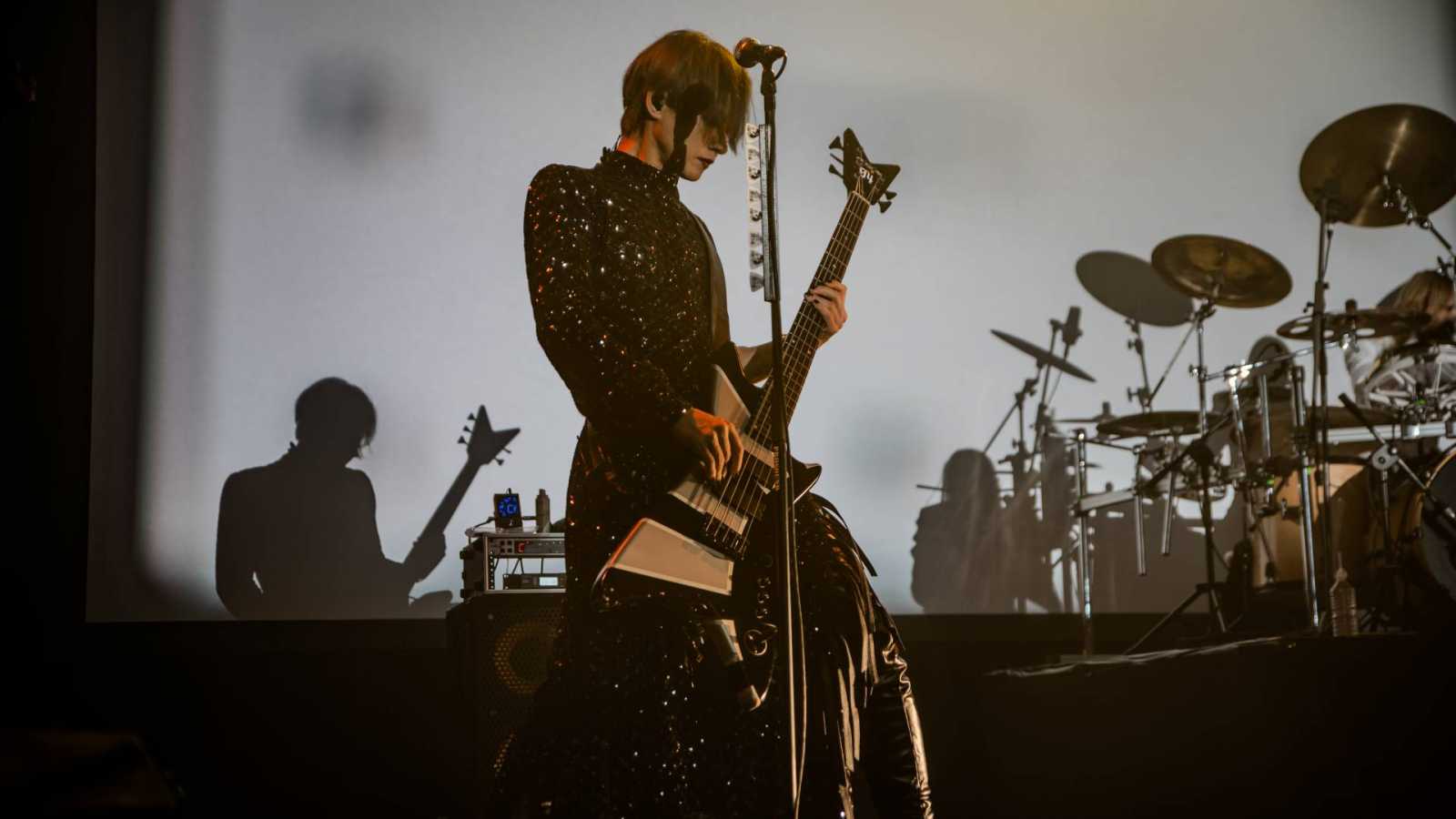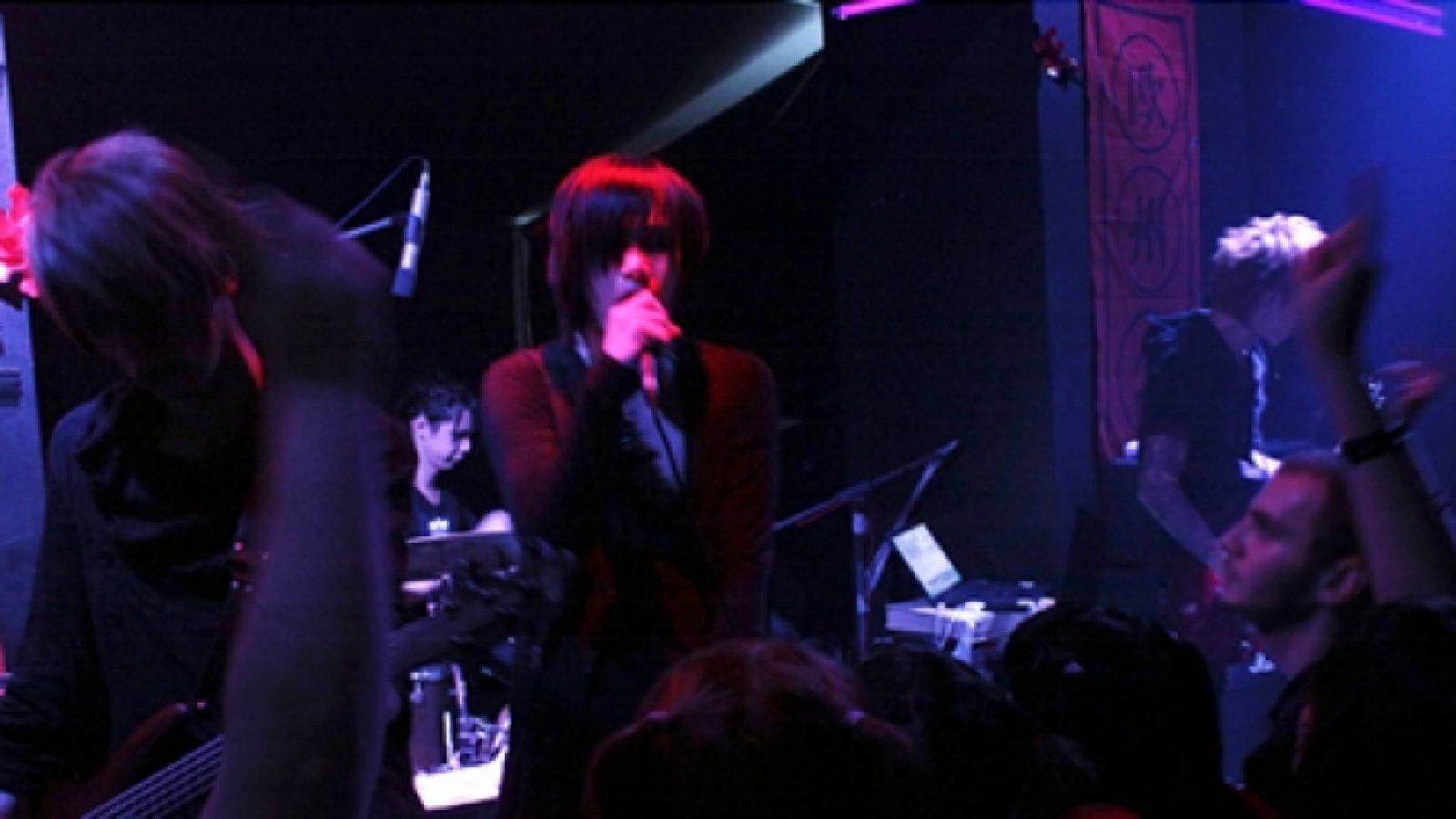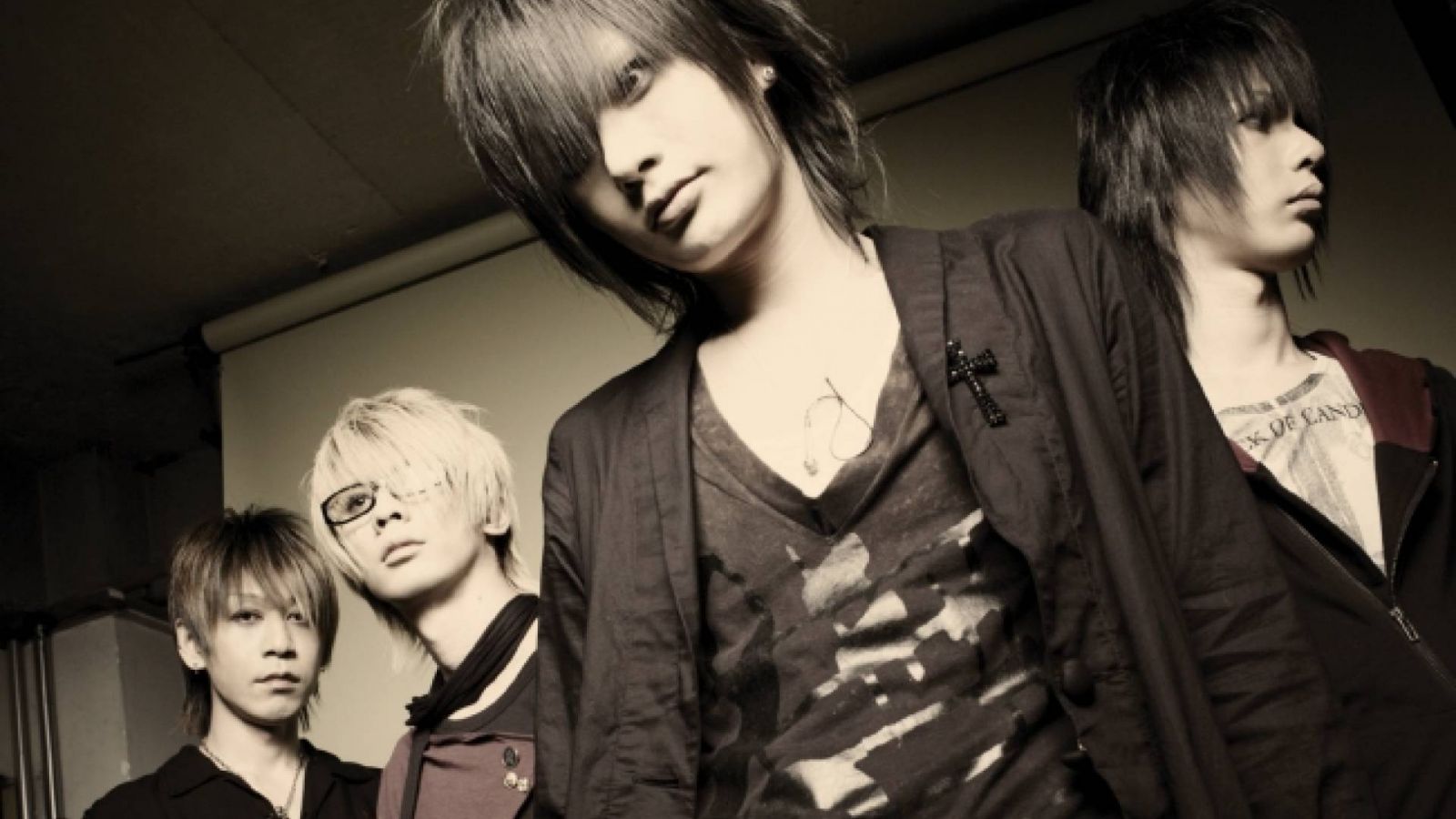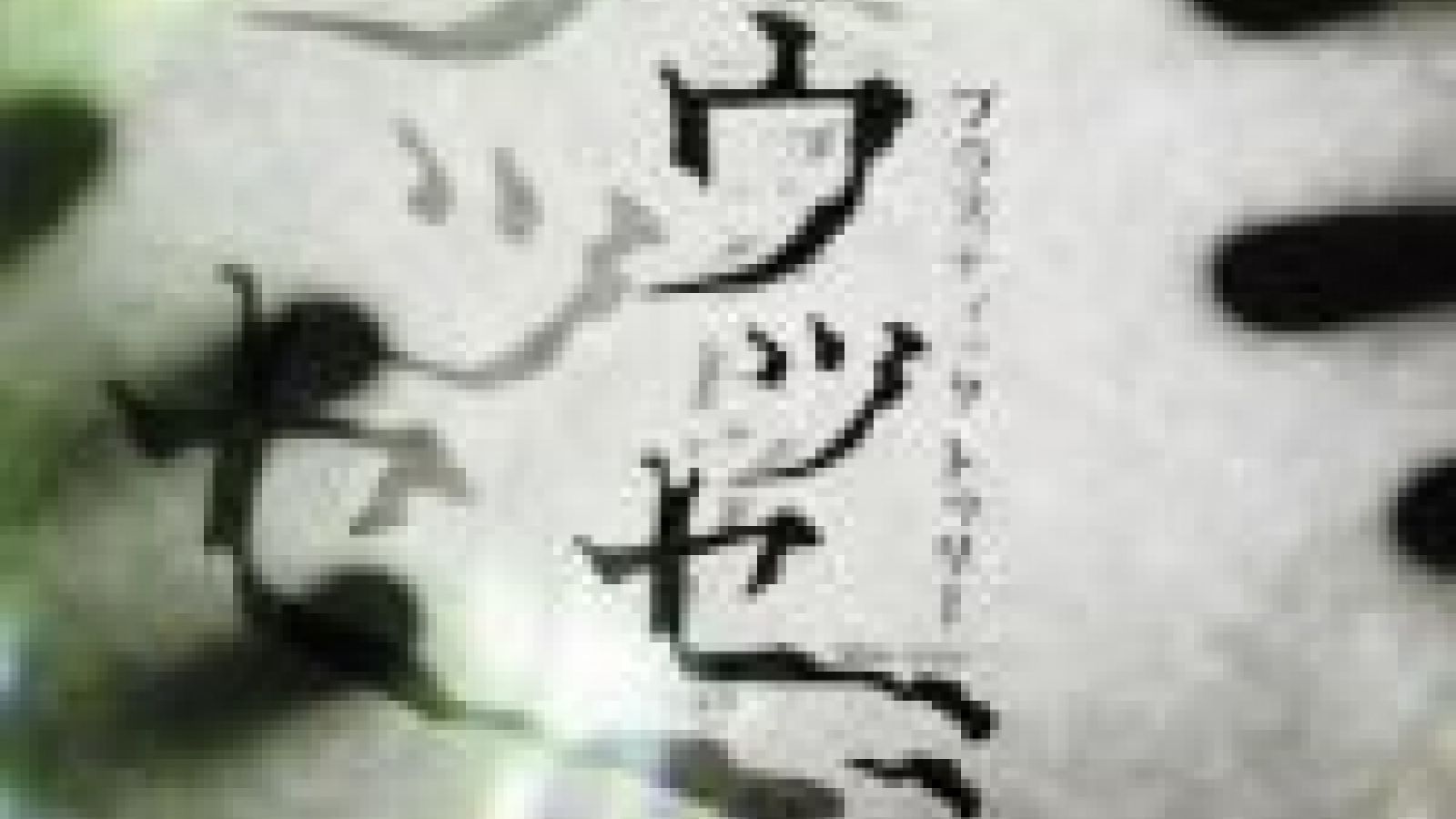After their intense performance in Greece the night before, Plastic Tree gave JaME a lighthearted interview, but not without insight on their brand new album, Utsusemi.
On October 14th, Plastic Tree staged an exhilarating show in Athens, which left both the band and audience with intense memories. The next day, the band spared some precious time for JaME, in between photoshoots, interviews and other obligations, mere hours before their departure to Poland. Even though the circumstances seemed unfavorable, the band was relaxed and got rather into it, giving us a few anecdotal tidbits about their past, and some interesting retrospect on their newest album, Utsusemi. Enjoy them, just as we did.
Frankly, I believe that most of us already know "what is Plastic Tree". (laughter) However, I'd like to ask you a couple of questions, for your new fans to learn, and the old to enjoy...
Plastic Tree: Sure.
So, what is your place in the band, and what influenced you to pick this instrument, or lack of instrument thereof?
Ryutaro Arimura: I am Ryutaro Arimura. I am on vocals. (pause) Inspiration? (In English)
What would this be, was there any specific reason that made you choose vocals?
Ryutaro: Hm. That would be because I can only do vocals! (laughter)
But as we experienced first hand, you also play the guitar, don't you?
Ryutaro: No, not really! I only play a little... Akira plays it, Akira sensei!
So then, how about you, Akira?
Nakayama Akira: Hello, My name is Akira, on the guitar. My inspiration, you ask? (a lengthy pause and more explanations follow) Oh, I see! I very much liked John Taylor, the bassist of Duran Duran. I liked bass, and so originally I wanted to play bass, but buying a bass was impossible because it was too expensive. (laughter) So I am the guitarist.
Sasabuchi Hiroshi: I am Sasabuchi Hiroshi, the drummer. I have three older sisters. One day, my older sister and I went to watch an orchestra perform, and the drums were the coolest instrument in the whole orchestra for me, so I started to play drums.
Hasegawa Tadashi: My name is Hasegawa Tadashi. Early on, I was impressed by punk-rock bands, such as Sex Pistols, and I wanted to play guitar, punk guitar. But when I looked for a band to join, there was no open place for a guitarist, but a lot of bands were looking for a bassist! So I became a bassist.
Perhaps you should trade places with Akira?
Tadashi: Perhaps I should? (laughter)
For each of you: Which was the definitive moment that made you decide to pursue a musical career?
Ryutaro: I used to like singing, I was singing with my grandmother as a kid, and these fond memories certainly left an impact on me. But at this age, I wanted to do a lot of jobs; I even wanted to work at the zoo! But when I started making music, back in the middle school with my band, I realized I really wanted to do this, become a singer.
Akira: So. I grew up in Hokkaido with nothing to do. When I was in grade school, we took a field trip to Tokyo with my class, to visit Disneyland. Needless to say, I really liked it there. From that time on, I wanted to become a musician, if only to never go back to Hokkaido!
Hiroshi: I started to play the drums at sixteen, mostly because I liked JRock. Before this, I used to play a lot of Mahjong - I was addicted. When playing, I was always making drumming sounds with the pieces. So it was an easy change, from hitting the Mahjong pieces to hitting the drumsticks.
Tadashi: I didn't want to just be a musician, but an artist. Being in a band, it is not just about the music, it is creation. I considered painting, drawing, anything that has to do with creation. Then, when I tried this bass, I liked it the most, so...
Let's fast forward to the present. Last night, your show was rather intense.
All: Oh! Thanks. (laughter)
Ryutaro: Thank you! (in English)
Did you enjoy the strong reactions of the audience?
Ryutaro: It was very exciting. It is our first time playing in Greece, so it was... And the stage, it was so close to the crowd, you could touch them!
Intimate, I would say!
Ryutaro: Yes... (laughter)
But I wonder, after many years of success in Japan, why would you risk going overseas to perform? What do you gain from these performances?
Tadashi: We have already come to Europe in the past, as Plastic Tree. We really liked western music, so it was natural for us to actually come here. Of course it was a risk, and we were somewhat afraid at first, but this is the third tour through Europe. We have gotten used to it. At this point, there is no risk anymore.
Nega to Posi carried tributes to more western music styles, whereas Utsusemi is in a way set apart; like painting a unique picture of its own. Was there a certain concept or motive behind it?
Tadashi: I don't think there was a concept behind the album. It was just... All the members of the band came together and each one of us brought in some things. Then we started mixing them, and it all came naturally together. But there was no concept, nothing decided from the beginning.
Ryutaro: It is much more influenced from the Japanese culture, and more natural. It really has a lot to do with Japan. We didn't quite put a lot of thought on the planning, it just flowed.
I see, more like instinct. Speaking of which, is there a particular feeling, image or perhaps color, that you visualize when thinking about Utsusemi?
Everyone: Eh? Color?! (said in English, quickly followed by rigorous laughter)
Ryutaro: I wonder... (thinks intently, while Akira nudges him from time to time, jokingly throwing in suggestions) Just a moment... Perhaps a shadow, a Japanese shadow. Like the seven colors. In Japan, when we say "seven colors", we mean this vague image; a situation where it is difficult to tell the difference between colors. It is difficult to choose just one color, this album feels like something vague, like a shadow, and the word should be Utsusemi.
Utsusemi it is then. Really, why did you choose this particular word for the album's title?
Ryutaro: The word "Utsusemi" is a very, very old word in Japanese. "Utsusemi" is one of the names used many times over in "The Tale of Genji" (a classic piece of Japanese literature, written in the eleventh century). While reading it, I realized just how ancient this word is. Many words used in old stories have disappeared. However, "Utsusemi" is still here, and I think it is a good word that manages to express the music and the essence of the album.
Instead of a last message, how about giving your fans some advice?
Everyone: Advice, what?! (look at each other and laugh)
Advice, as to how to enjoy your music, your shows to the most.
Ryutaro: In Japan, the fans do this thing... They all move to this way, and then to that way, synchronized. It is good, but I just want the fans to watch the show, or just smile, just cry, get wild. I simply want all the people in the audience to express their feelings, and like this, to enjoy the show to the most.
Tadashi: I agree, please enjoy it the most.
I think this about wraps it up. Thank you for your time.
Everyone: Thank you very much.
JaME wants to thank Plastic Tree, Rage Tours and SOUNDLICIOUS for making this interview possible.

